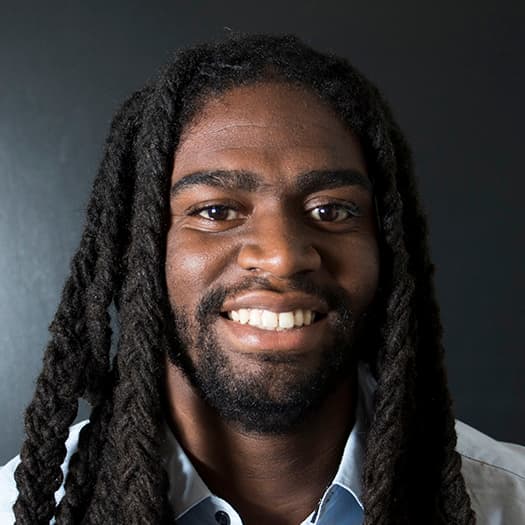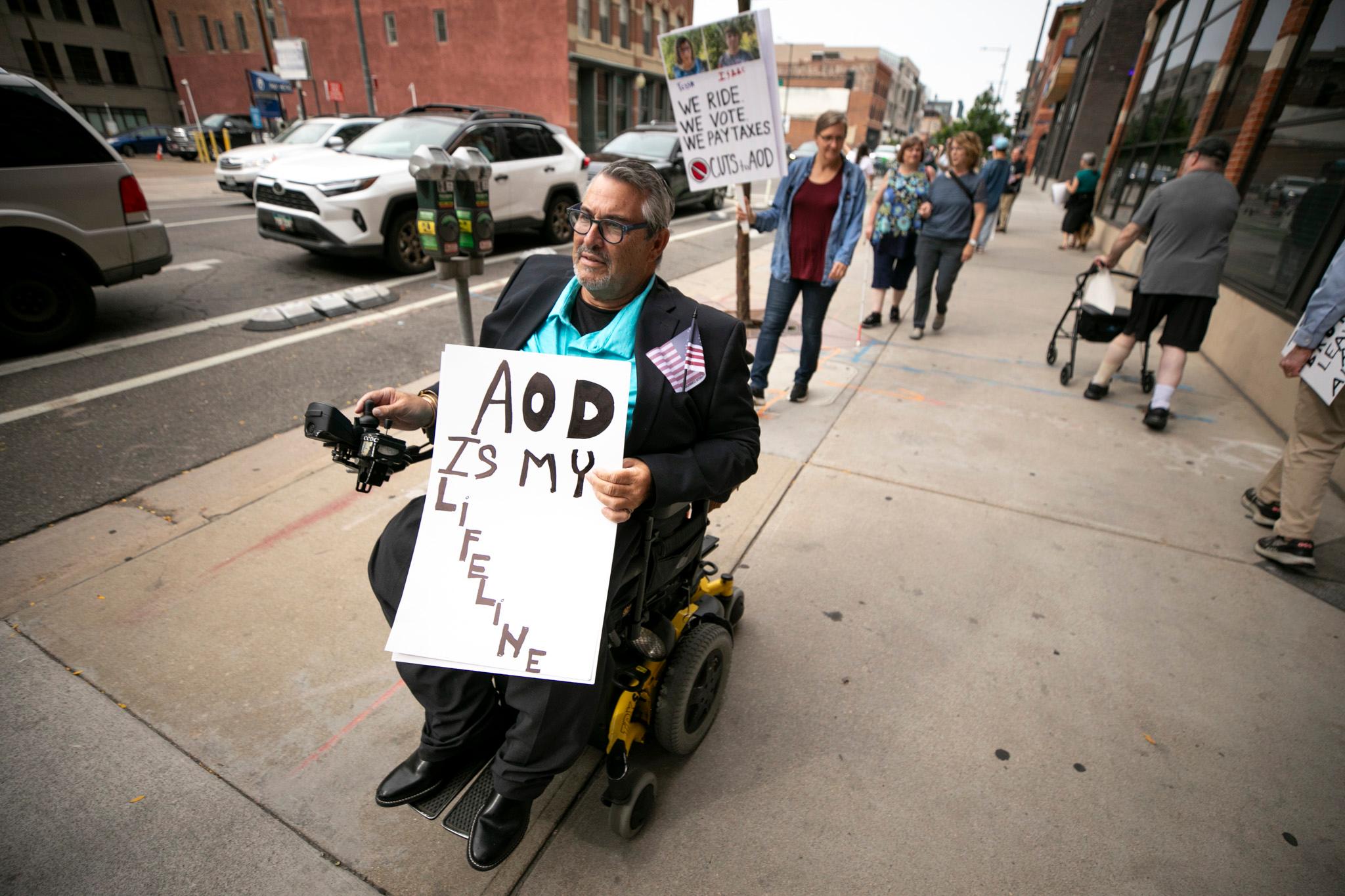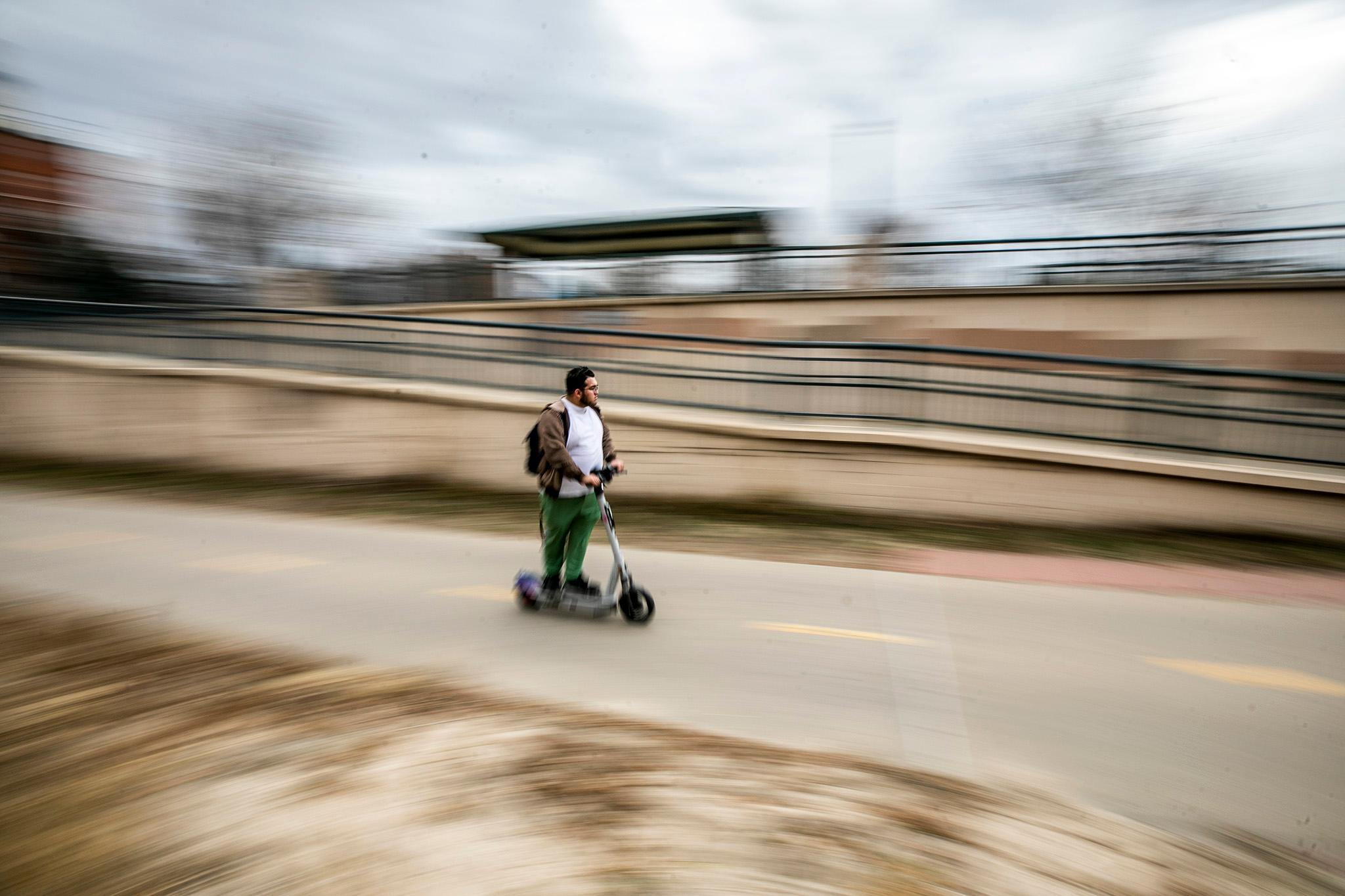The Colorado Judicial Department is joining the wave of progressive practices in the criminal justice system, and on Oct. 1 they will launch a program that puts mental health liaisons in all 22 of Colorado’s judicial districts.
“The court liaisons will work directly with defendants to ensure they receive appropriate evaluations and needed mental health services,” read a press release released by the Colorado Judicial Department.
The intersection between mental health and criminal justice has often been disastrous for both the legal system and people dealing with mental health issues. This latest effort is an attempt by Colorado’s General Assembly to recognize "that people with mental health and substance use disorders are over-represented in the criminal justice system and are at significantly greater risk than the general public of becoming involved in the system and having harsher consequences” and intervene in a productive fashion, the release said.
“Fostering collaboration is one way of making sure that we are managing our state’s resources wisely,” state court administrator Christopher T. Ryan said in a statement. “The Bridges Program is a well-thought-through and innovative approach that strengthens our systems and creates a path toward the mental health and well-being of Coloradans who encounter the criminal justice system.”
Chris Richardson, a program manager at the Mental Health Center of Denver, believes this type of collaboration will help reduce the association of the court system as the enemy. Instead of having the court system work as a silo separate and sometimes against the wishes of the mental health institutions, they can work together to create solutions that will reduce the cyclical nature of those with mental health issues appearing in front of a judge.
“We’re big advocates that anywhere someone falls on that sequential intercept model where you can support them in what they're going through and manage some of the systems they're dealing with and also breaking a cycle as a result,” he said.
Many people in need of mental health support are not suited to handle court proceedings in the way that courts are set up to handle prosecution, he added. “The average person has to focus on, 'How do I manage my legal needs?' Someone with mental health issues is not only suffering with that process, they are dealing with a psychological disorder that makes it difficult for me to deal with, ‘Who can I trust? Who can I talk to?’”
Carleigh Sailon, also an assistant program manager for the Mental Health Center of Denver, noted that many of the stakeholders in the process are experts in the law, not mental health. When issues like chronic anxiety, depression and antisocial disorders surface in the courtroom, she said, those involved don't always know the proper steps toward de-escalation. She believes that adding a mental health professional to these facilities would help significantly in this regard.
“I think putting them in there would greatly help alleviate a lot of the stress from the court system. Judges and lawyers feel overwhelmed that they don’t know how to help,” she said. “It makes a ton of sense to pair mental health professionals with criminal justice system because it's a great place to catch people that may not be on the front of society's mind.”
Richardson feels like this is another sign that Denver is headed in a progressive and holistic direction in how we interact with vulnerable and at-risk members of our community.
“There’s a lot of talk about different diversion programs coming down the pipe. Denver is definitely looking at a more restorative approach and doing things differently in the criminal justice system,” he said. “...The court system is one way we interact with someone but it doesn't have to be what it was in the 20th century."














